Introduction
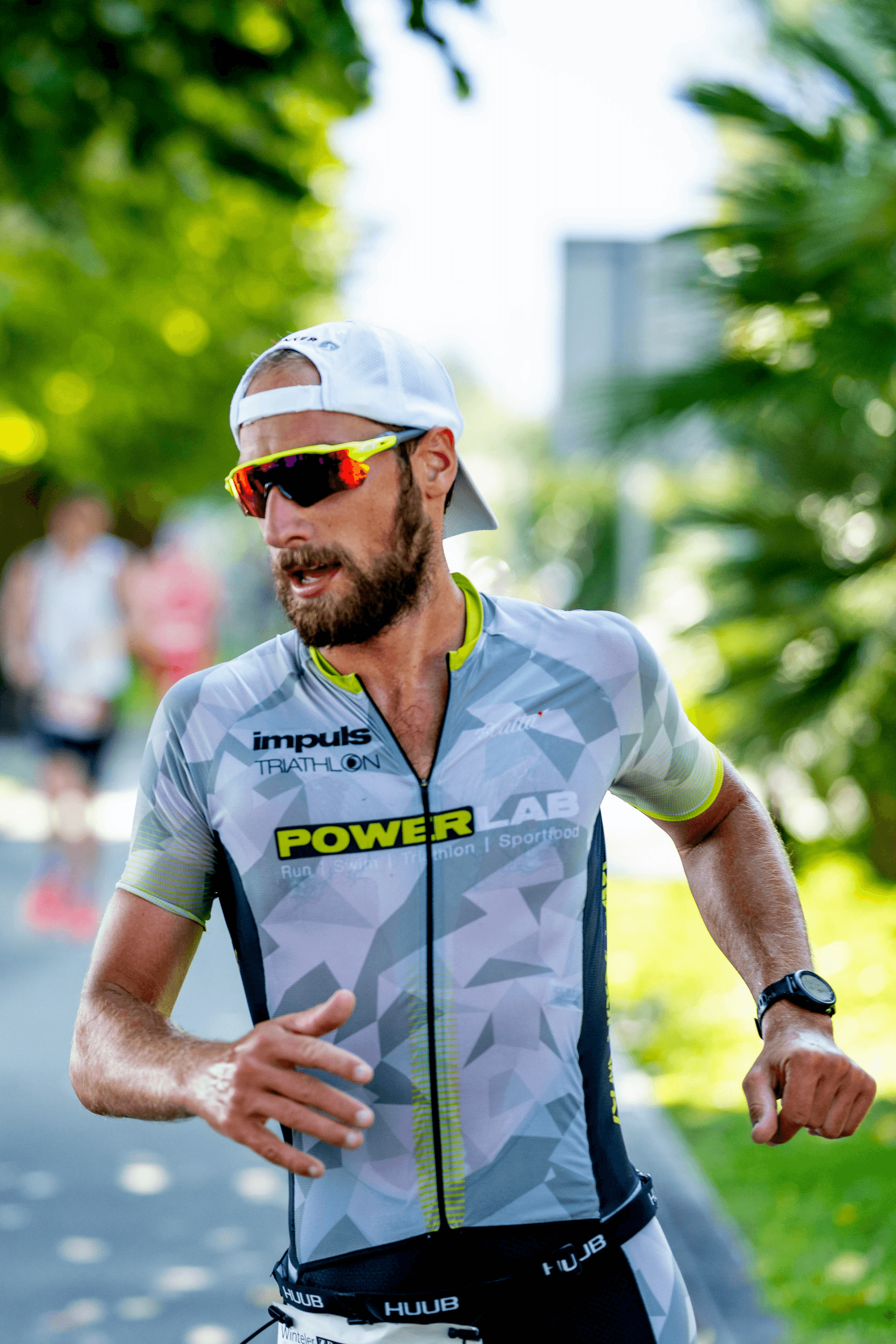
Understanding Triathlon Sunglasses
Triathlon sunglasses are designed specifically for the unique demands of multi-sport racing, combining functionality with comfort. Unlike regular sunglasses, they offer lightweight frames and advanced lens technologies that cater to the needs of athletes in various conditions. The right pair can help answer the question: Why do triathletes wear sunglasses? It's all about performance enhancement and eye protection.
Importance of Lens Color
The color of your lenses is more than just a fashion statement; it significantly impacts your visibility and comfort during races. Different lens colors serve specific purposes, helping you adapt to varying weather conditions while keeping glare at bay. So when pondering what color lenses are best for triathlon, remember that each hue can optimize your experience on race day.
Key Features for Performance
When selecting the best triathlon sunglasses, several key features come into play—such as UV protection, polarization, and anti-fog coatings—that enhance overall performance. These elements ensure that athletes maintain clear vision throughout their race without compromising comfort or safety. For those who need them, prescription triathlon sunglasses also offer tailored solutions for optimal sight while competing.
Why Do Triathletes Wear Sunglasses
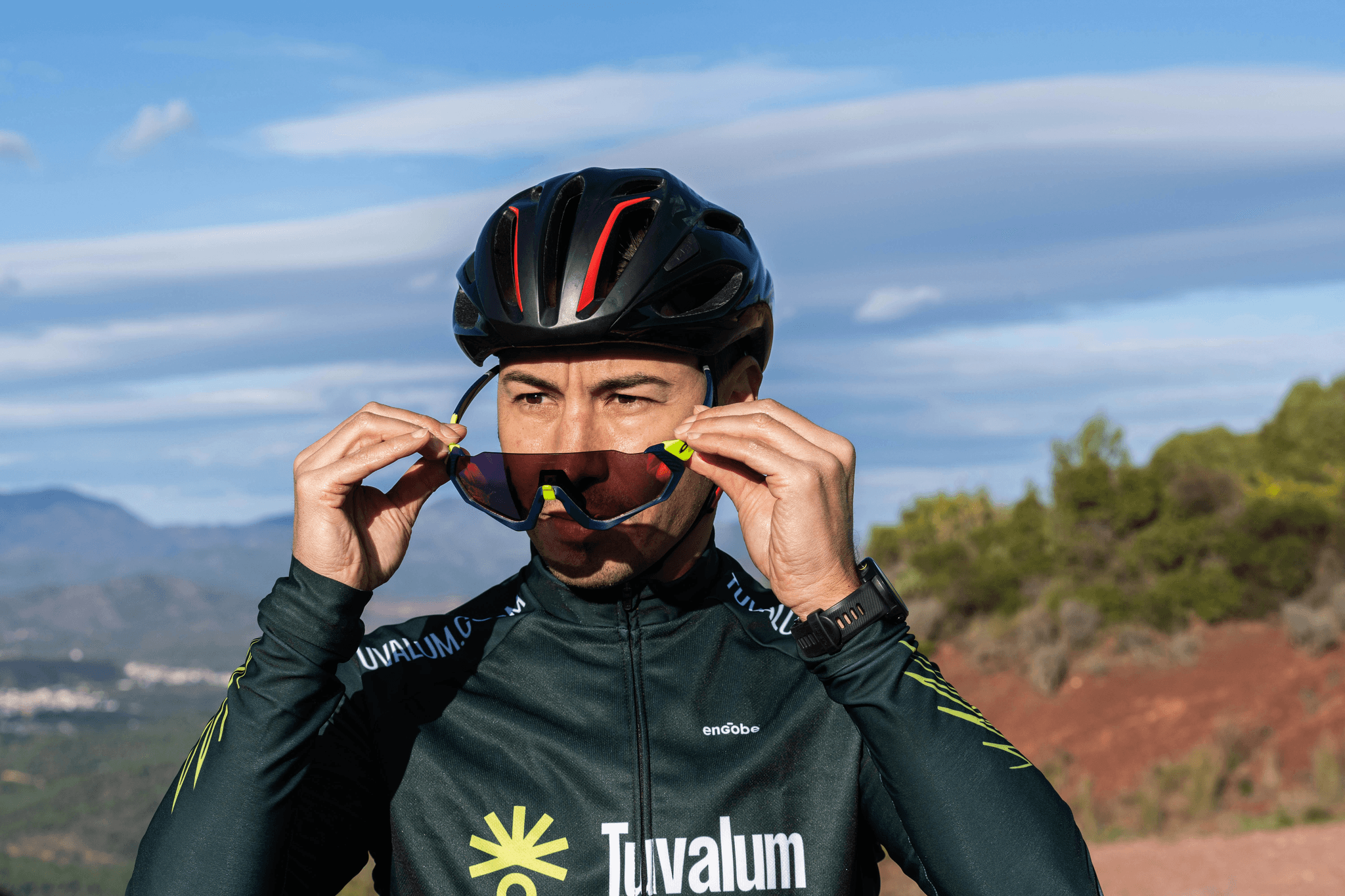
Protecting Against UV Rays
One of the primary reasons triathletes don their shades is to protect against harmful UV rays. Exposure to the sun's ultraviolet light can lead to long-term eye damage and conditions like cataracts or macular degeneration. Triathlon sunglasses with proper UV protection ensure that athletes can focus on their race without worrying about sunburned eyes or future vision issues.
Reducing Glare During Races
Glare can be a major distraction during a triathlon, especially when racing on open water or bright roads. Sunglasses equipped with anti-reflective coatings help reduce glare from these surfaces, allowing athletes to maintain better focus and performance. By minimizing distractions caused by bright reflections, triathlon sunglasses enable competitors to keep their eyes on the prize—finishing strong.
Enhancing Visibility in Different Conditions
Triathlons often take place under varying weather conditions—from bright sunlight to overcast skies and even rain. The right pair of sunglasses can enhance visibility by adapting lens colors for different environments; for instance, yellow lenses brighten up cloudy days while darker tints reduce brightness on sunny ones. This adaptability is crucial for maintaining optimal performance throughout the race.
What Color Lenses Are Best for Triathlon
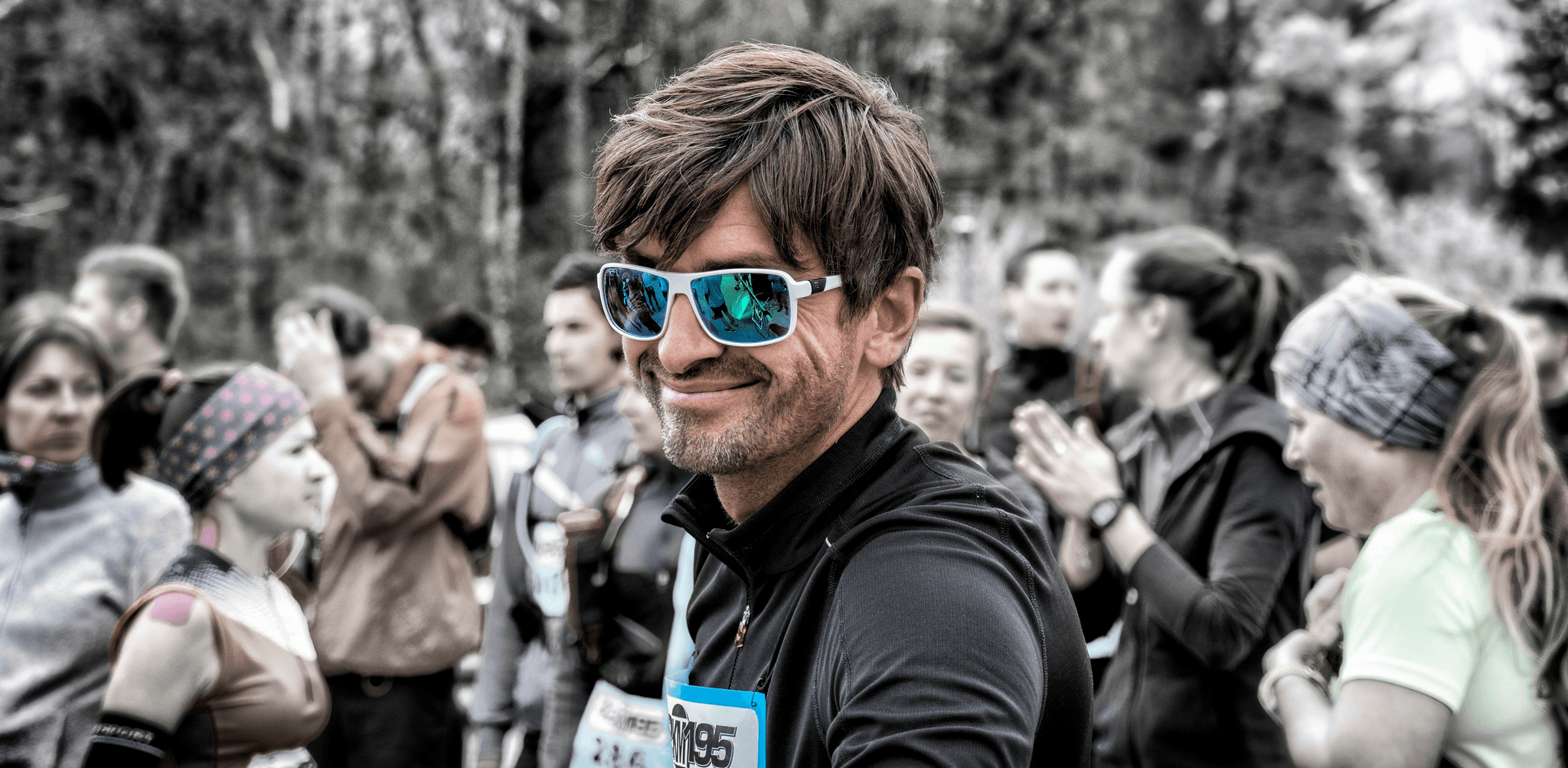
Exploring Lens Options
Triathletes have a variety of lens options to choose from when selecting their sunglasses. The most common colors include gray, brown, yellow, and clear lenses, each offering distinct advantages depending on the conditions. Gray lenses are fantastic for bright sunlight as they reduce overall brightness without distorting colors, while brown lenses enhance contrast on overcast days, making them a popular choice among athletes.
Yellow or amber lenses are excellent in low-light conditions since they brighten up your surroundings and improve depth perception—ideal for early morning or late afternoon races. On the other hand, clear lenses provide protection without altering vision in low-light situations but may not be suitable for all race conditions. Ultimately, understanding these various lens options will help you determine which triathlon sunglasses best suit your individual needs.
Benefits of Polarized Lenses
One standout option that many triathletes consider is polarized lenses—a game-changer when it comes to reducing glare from surfaces like water or pavement during races. Why do triathletes wear sunglasses with polarized lenses? The answer lies in their ability to enhance visual clarity by filtering out horizontal light waves that cause glare, allowing athletes to focus better on their surroundings.
Polarized triathlon sunglasses can also help reduce eye strain during long rides or runs under bright sun exposure by providing a more comfortable viewing experience. Additionally, these specialized lenses often come with UV protection built-in—an essential feature since prolonged exposure to harmful rays can lead to serious eye issues down the line.
Weather Adaptation with Lens Colors
Weather plays a crucial role in determining which lens color is best suited for your race day needs—so it's wise to adapt accordingly! For instance, if you're racing on a sunny day with clear skies, darker tinted lenses like gray or smoke will help shield your eyes from harsh sunlight while keeping colors true-to-life. Conversely, if rain clouds loom overhead or you're facing changing light conditions throughout the race course, lighter tints such as yellow may provide better visibility and contrast.
Moreover, some brands offer photochromic (or transition) lenses that automatically adjust their tint based on environmental light levels—perfect for unpredictable weather patterns during competitions! Finding the right balance between comfort and performance is key when choosing triathlon sunglasses; knowing how different lens colors react under varying weather conditions will ensure you stay focused on crossing that finish line!
Do You Need Sunglasses for Triathlon
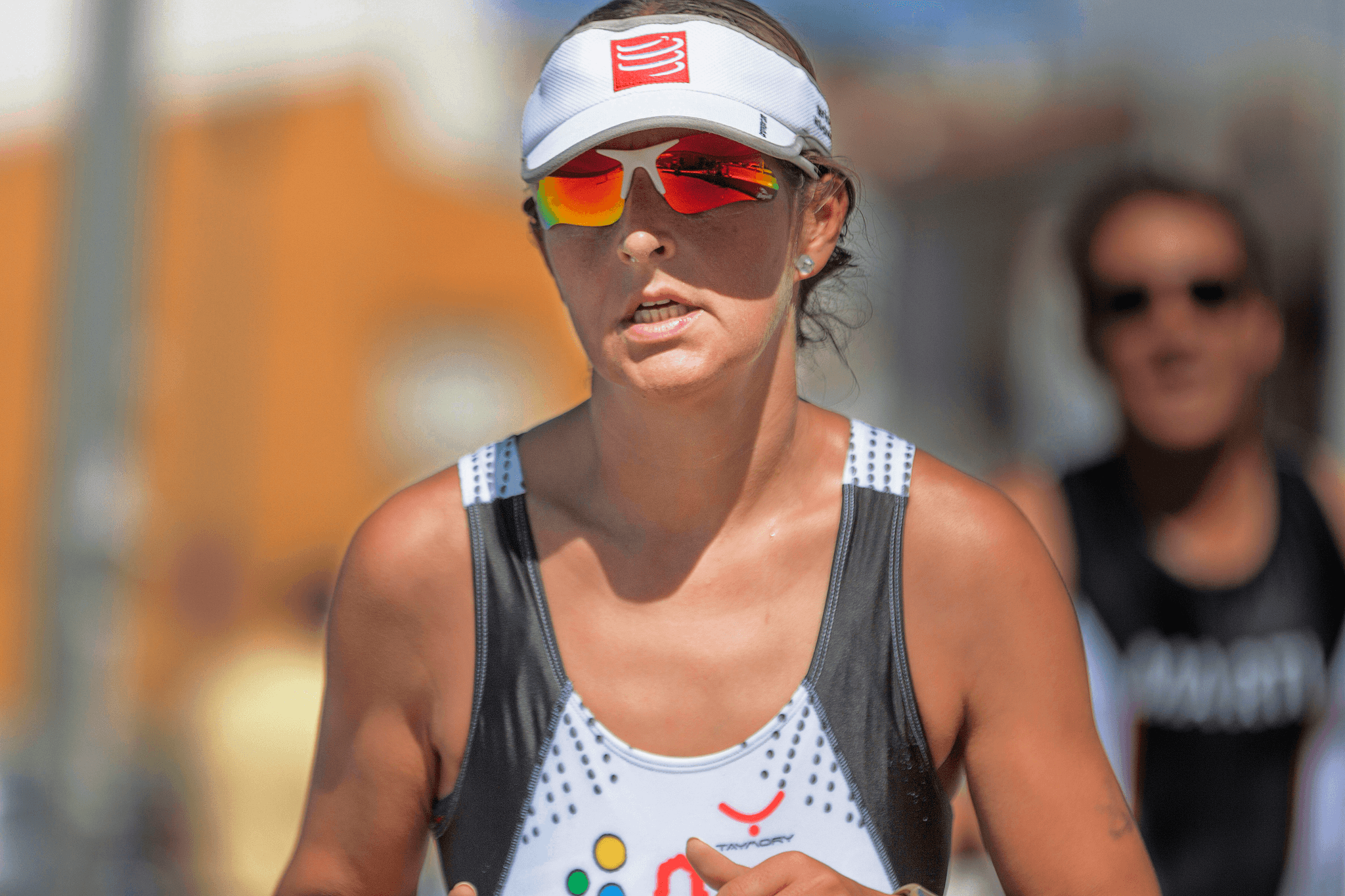
Assessing Individual Needs
Every triathlete has unique needs based on their training style and personal comfort levels. For instance, if you’re sensitive to bright light or prone to headaches from glare, investing in a quality pair of triathlon sunglasses could be a game-changer. Additionally, if you wear prescription eyewear, prescription triathlon sunglasses are essential for clear vision during your race.
Evaluating Race Conditions
Race conditions can vary significantly based on location and time of year; sunny days may demand more robust eye protection compared to overcast ones. If you're racing in an area known for its glare—like coastal routes or open water—sunglasses become crucial for maintaining visibility and focus. Understanding how different weather conditions affect your sight will help you determine if you need sunglasses for your next triathlon.
Comfort and Performance Balance
Finding the right balance between comfort and performance is key when selecting your gear. Triathlon sunglasses should fit snugly but not be too tight; discomfort can distract you from achieving your best time. Moreover, lightweight materials combined with anti-fog features ensure that you maintain optimal vision without sacrificing comfort throughout the race.
Why Do Runners Wear Goodr Sunglasses
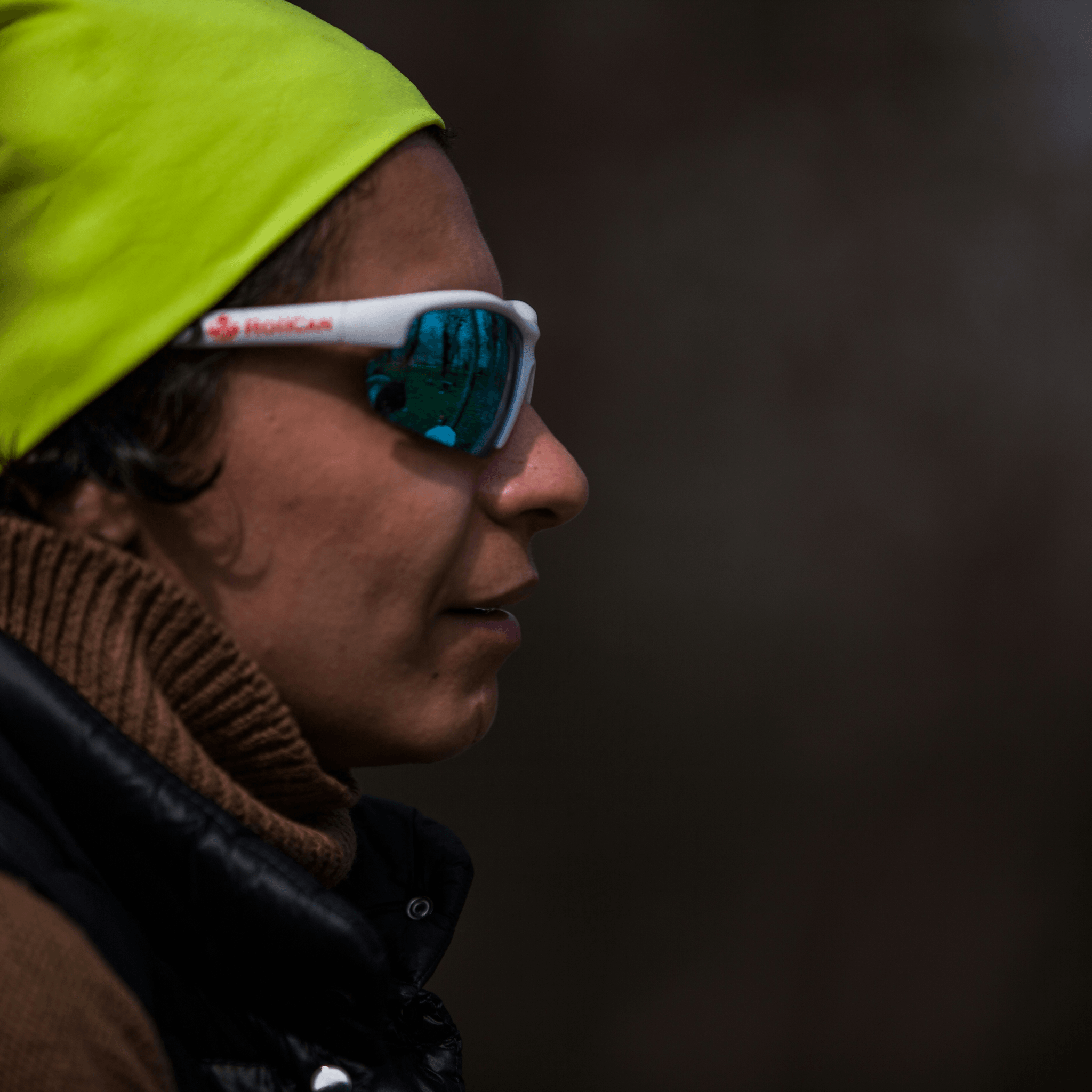
Goodr sunglasses have become a favorite among runners and triathletes alike for several compelling reasons. Not only do they offer practical features tailored for athletes, but they also come with a playful flair that resonates well with the active lifestyle. Whether you're hitting the pavement or gearing up for a triathlon, these shades are designed to enhance your performance while keeping you stylish.
The Appeal of Goodr for Athletes
One of the main draws of Goodr sunglasses is their lightweight design, which makes them perfect for long runs or intense training sessions. Triathletes often ask, Why do triathletes wear sunglasses? and the answer lies in protection and comfort—both of which Goodr delivers. With an array of fun colors and patterns, these sunglasses let athletes express their personality while ensuring they stay focused on their performance.
Affordable Performance Without Sacrificing Style
When it comes to choosing the best triathlon sunglasses, affordability is key without compromising on quality. Goodr offers high-performance eyewear at a price point that won’t break the bank, making them accessible to all athletes—from beginners to seasoned pros. This perfect balance between cost and style means you can look good while asking yourself: What color lenses are best for triathlon?
Versatility for Different Activities
Goodr sunglasses are not just limited to running; they're versatile enough to be worn during various outdoor activities like cycling or hiking, making them an excellent choice for multi-sport athletes. With options that cater specifically to different conditions, you might wonder: Do you need sunglasses for triathlon? The answer is a resounding yes! These shades adapt seamlessly whether you're racing through sunny streets or tackling challenging trails.
Choosing the Best Triathlon Sunglasses
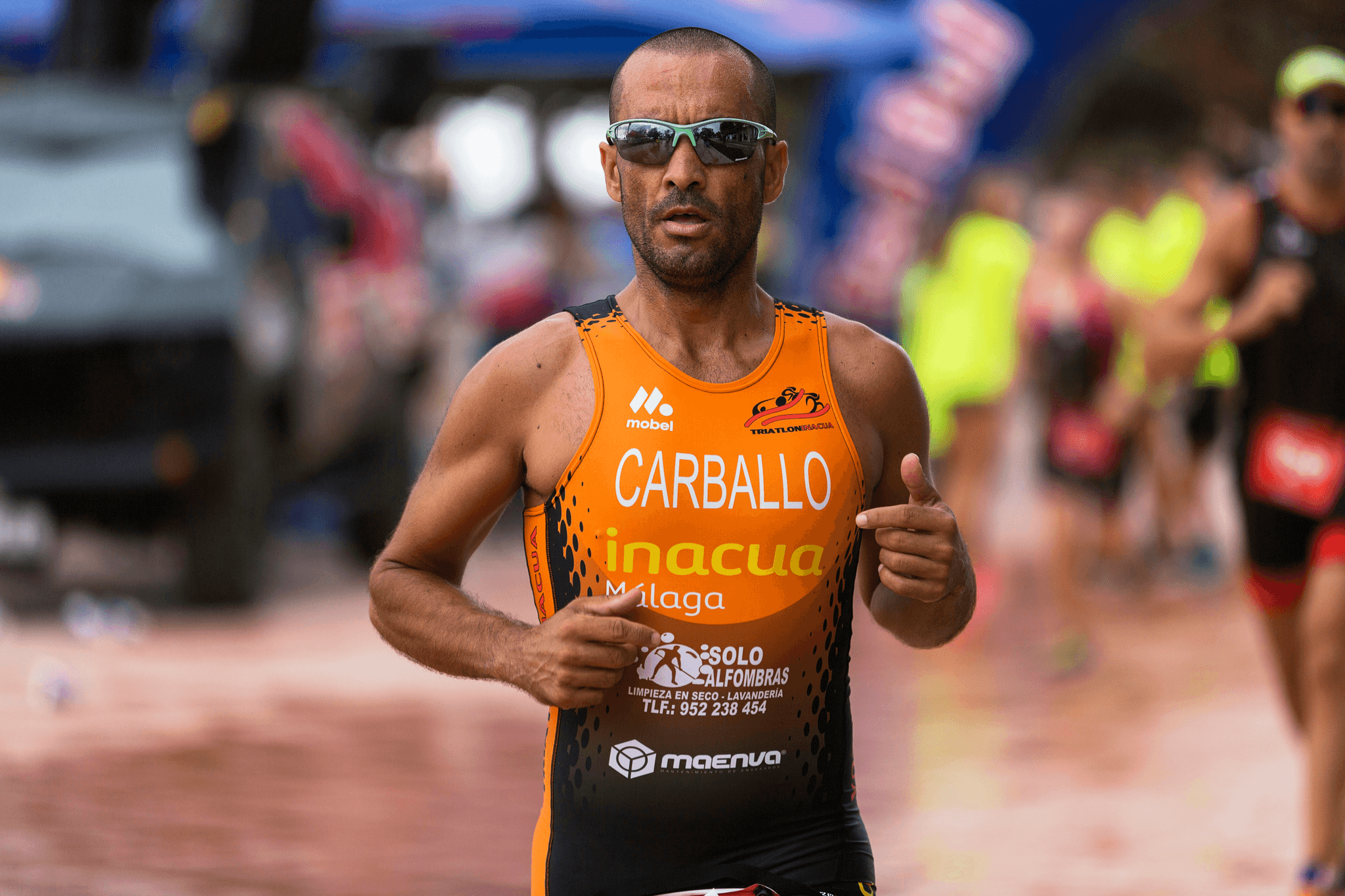
Selecting the right triathlon sunglasses can significantly impact your performance and comfort during races. With so many options available, it’s crucial to find a pair that meets your specific needs as a triathlete. From lens color to fit, every detail matters when you’re pushing your limits.
Features That Matter for Athletes
Not all sunglasses are created equal; certain features can make or break your race day experience. Look for lightweight materials that offer comfort without sacrificing durability, as well as adjustable nose pads for a custom fit. Additionally, consider anti-fog coatings and hydrophobic lenses to keep your vision clear in various weather conditions—a must-have when pondering what color lenses are best for triathlon.
Recommendations for Triathlon Sunglasses Women
Women-specific designs in triathlon sunglasses not only provide better fit but also come with stylish options that cater to female athletes’ preferences. Brands like Tifosi and Goodr have made waves in this arena by offering vibrant colors and patterns while maintaining performance standards. Whether you're looking for prescription triathlon sunglasses or just want something chic yet functional, these brands have you covered without compromising on quality.
Prescription Triathlon Sunglasses

Importance of Vision Correction
For triathletes, the question of Do you need sunglasses for triathlon? often extends to those who wear corrective lenses. The ability to see clearly is essential not just for navigation but also for spotting obstacles and fellow competitors. With the right prescription lenses in place, athletes can focus on their race without squinting or straining their eyes.
Options for Active Athletes
Many brands offer customizable lenses that cater specifically to the needs of active athletes—think lightweight frames and durable materials designed to withstand rigorous conditions. Some even come with interchangeable lenses so you can adapt your eyewear based on varying light conditions—perfect for those moments when you're pondering What color lenses are best for triathlon?
Finding the Best Fit for Prescription Needs
Finding the right fit is essential when selecting prescription triathlon sunglasses; comfort should never take a backseat during a race! Look for styles that provide a snug fit without pinching or slipping off during intense movements. Additionally, consider consulting with an optician who specializes in sports eyewear; they can help you navigate through various frame styles and lens options tailored specifically for triathletes.
Conclusion
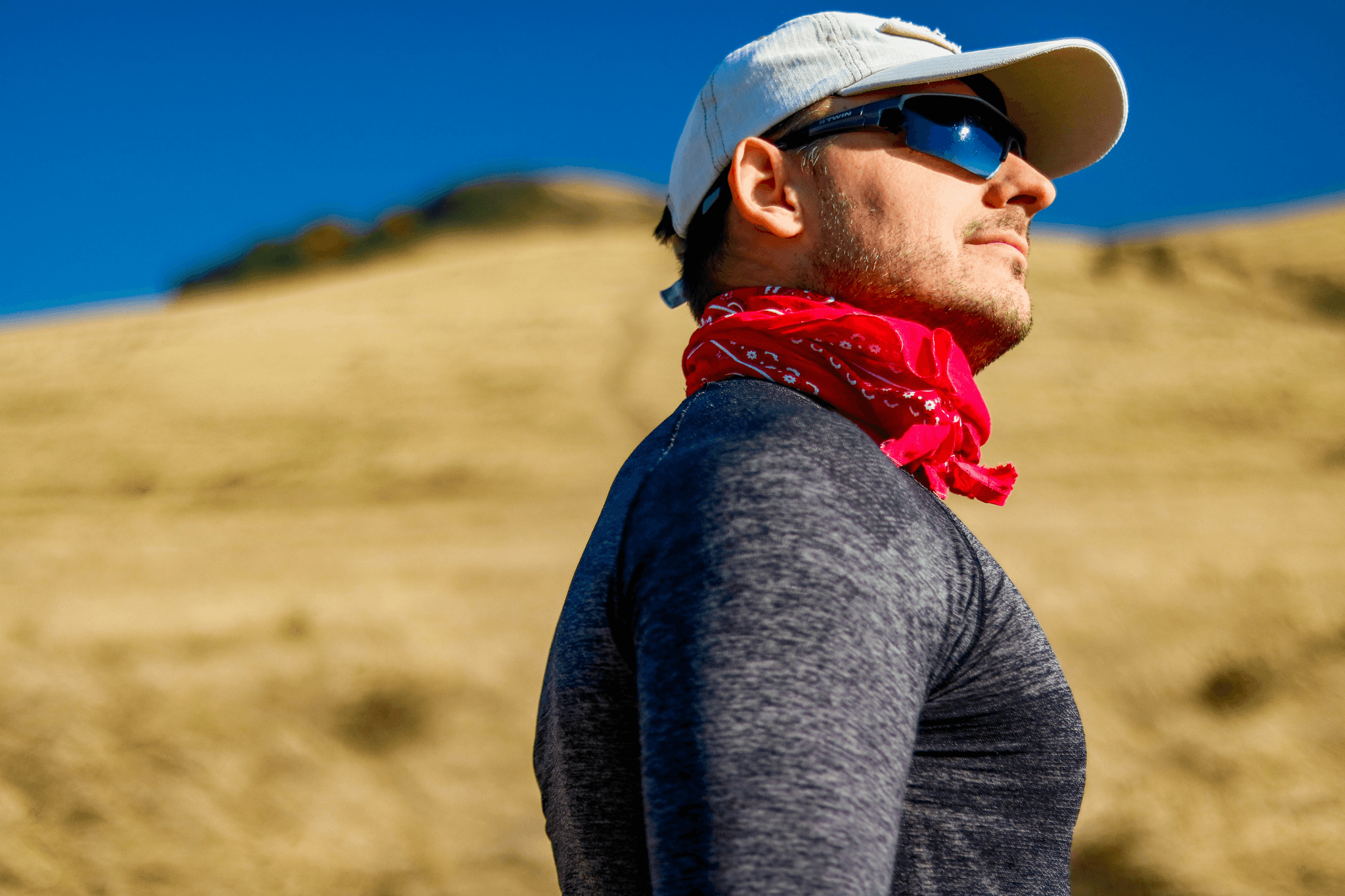
In the world of triathlons, the right gear can make all the difference, and triathlon sunglasses are no exception. They not only protect your eyes from harmful UV rays but also enhance your performance by reducing glare and improving visibility in various conditions. Whether you’re a seasoned pro or a newcomer to the sport, understanding why do triathletes wear sunglasses is crucial for optimizing your race day experience.
Key Takeaways for Triathlon Sunglasses
When selecting the best triathlon sunglasses, consider lens color, polarization, and comfort fit. Different lens colors serve unique purposes; for instance, darker lenses are great for bright days while lighter ones excel in overcast conditions. Additionally, polarized lenses can significantly reduce glare off water surfaces—a common scenario in triathlons—making them an excellent choice for athletes.
Finding the Right Style and Fit
Finding the right style and fit in triathlon sunglasses is essential for both comfort and performance during races. Look for lightweight materials that won’t bounce around as you run or cycle; a snug fit ensures they stay put without causing discomfort. Women-specific designs often offer tailored features that cater to different facial structures while maintaining functionality—essentially making them some of the best triathlon sunglasses on the market.
Daposi: Elevate Your Eyewear Game
If you're looking to elevate your eyewear game, Daposi offers an impressive range of options designed specifically for athletes. Their collection includes stylish yet functional frames that cater to both men and women who want quality without breaking the bank—perfect if you're wondering why do runners wear Goodr sunglasses! With prescription options available too, Daposi ensures that everyone can find their perfect pair of prescription triathlon sunglasses to match their active lifestyle.
